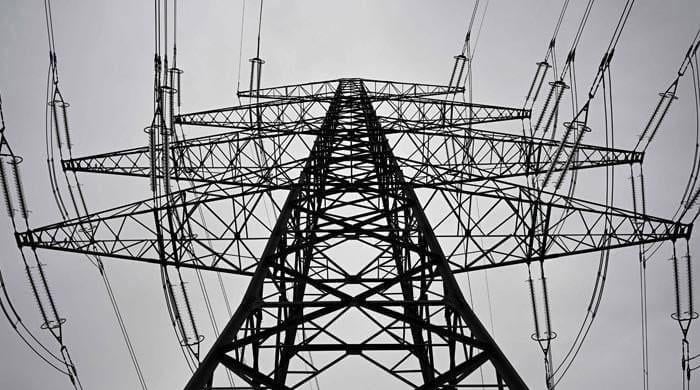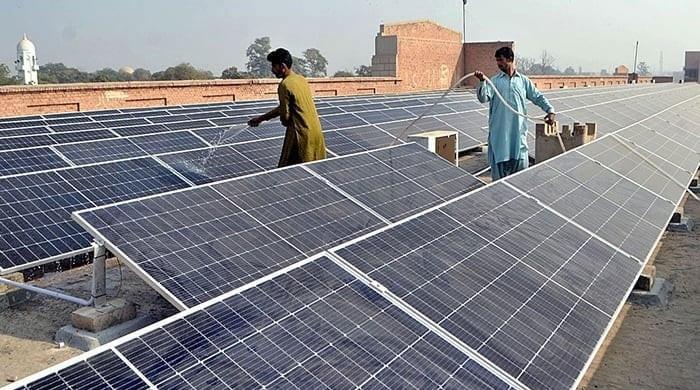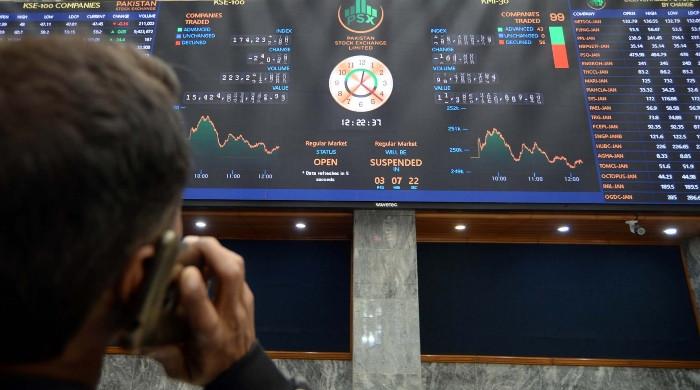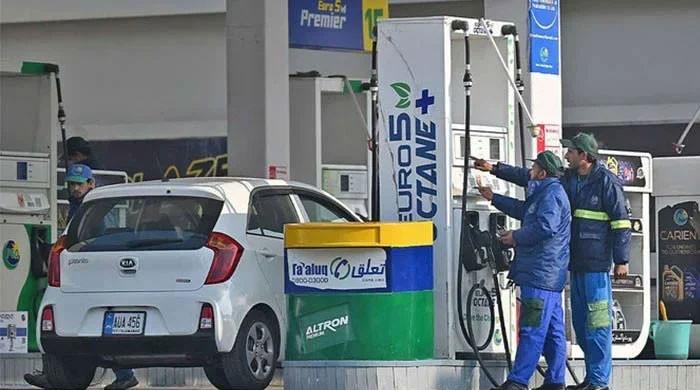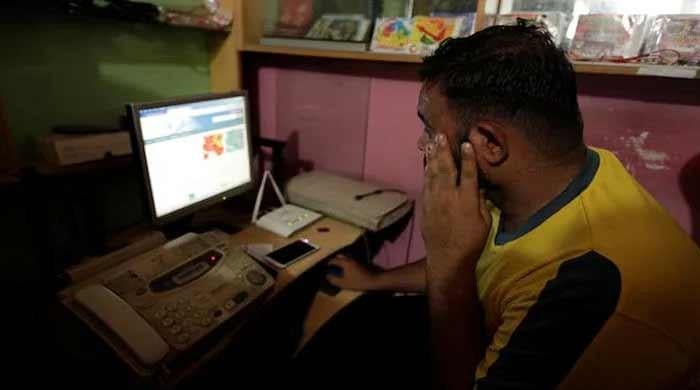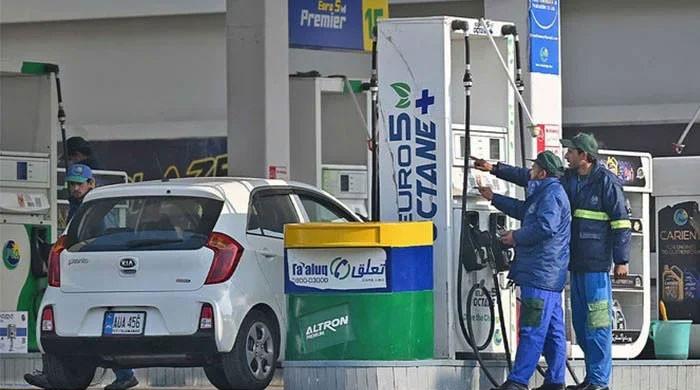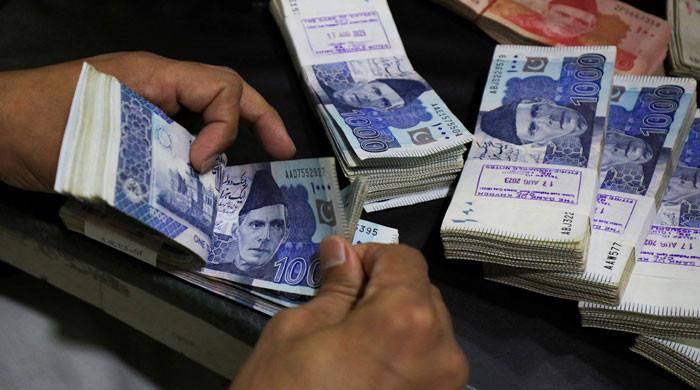ADB sanctions $1.5bn to promote social protection, food security in Pakistan
Financing part of a significant response package to support people, livelihoods, and infrastructure in Pakistan
October 21, 2022
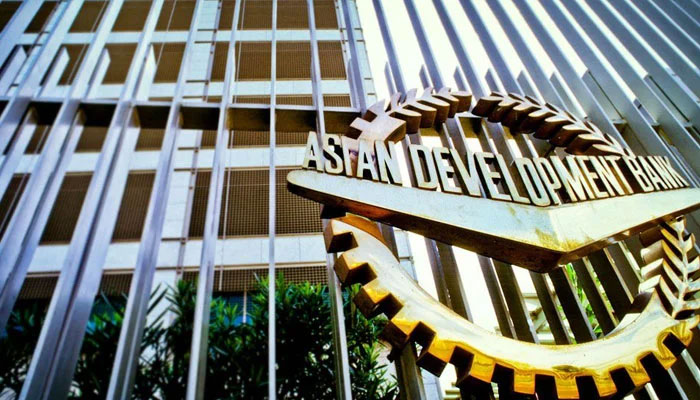
- Programme designed to cushion the impacts of external shocks
- Will help the government manage the impacts of high prices
- Families receiving cash transfers to increase from 7.9m to 9m.
MANILA: The Asian Development Bank (ADB) has approved $1.5 billion in financing to help Pakistan provide social protection, promote food security, and support employment for its people amid devastating floods and global supply chain disruptions, the multilateral lender said on Friday.
The loan, provided under ADB’s Building Resilience with Active Countercyclical Expenditures (BRACE) Program, will help fund the government’s $2.3 billion countercyclical development expenditure programme designed to cushion the impacts of external shocks, including the Russian invasion of Ukraine.
“Pakistan’s recovery from the COVID-19 pandemic has been impeded by external shocks,” said ADB Director General for Central and West Asia Yevgeniy Zhukov.
“Increasing business costs and rising living expenses are affecting millions of Pakistanis, especially the poor and vulnerable. ADB’s programme will help the government manage the impacts of high prices, increasing, food insecurity, slowing business activity, and reducing income for vulnerable groups, many of whom are also reeling from the devastating floods,” Zhukov added.
ADB’s financing will provide the fiscal space needed for the government to implement its countercyclical development expenditure package, which is designed to target the poorest families in Pakistan who are often disproportionately affected in times of crisis.
The government’s support includes specific measures to promote gender empowerment and climate change adaptation, which have become even more important in light of the recent floods.
ADB’s assistance will help to expand the number of families receiving cash transfers from 7.9 million to 9 million, increase the number of children enrolled in primary and secondary schools, and enhance geographic coverage of health services and nutritional supplies for pregnant and lactating mothers and children under 2 years old.
“The programme is part of a comprehensive and well-coordinated package of support. It will help the government deal with the impact of the immediate shocks to the economy, while, in parallel, continue the structural reforms that are necessary to improve the country’s medium- to long-term macroeconomic prospects,” said Tariq Niazi, ADB Director for Public Management, Financial Sector, and Trade.
“We are working closely with the International Monetary Fund and other development partners to ensure that our support through policy dialogue, technical assistance, and program lending is well-coordinated and that, ultimately, we are able to help the government improve Pakistan's resilience to shocks.”
ADB’s $1.5 billion countercyclical support is part of a significant response package to support people, livelihoods, and infrastructure in Pakistan in the wake of the recent floods which have affected over 33 million people and caused extensive damage to infrastructure and agriculture.
Pakistan was a founding member of ADB. Since 1966, ADB has committed over $37 billion in loans, grants, and other forms of financing to promote inclusive economic growth in Pakistan and improve the country’s infrastructure, energy and food security, transport networks, and social services.





